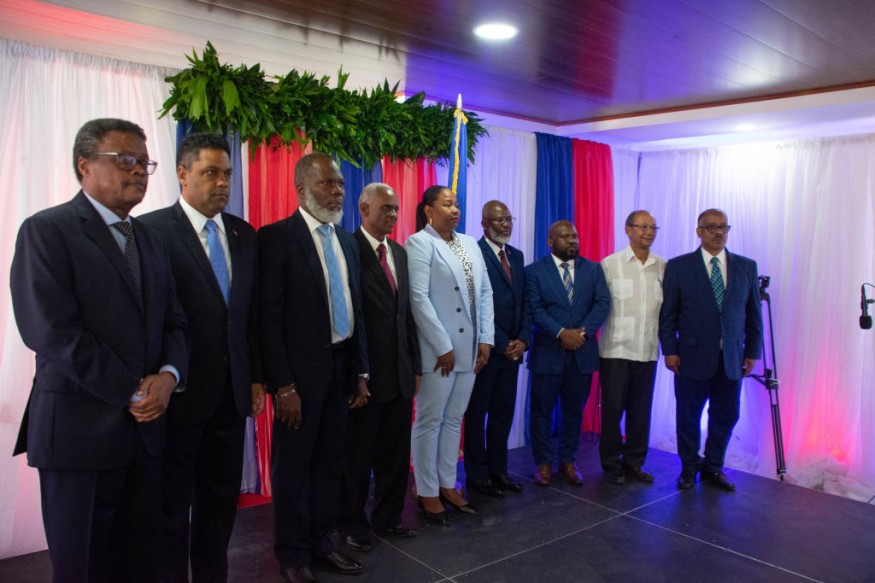Haiti Transitional Government Chooses Fritz Belizaire as New Prime Minister

Haiti's transition council, formed amid escalating violence, has appointed Edgard Leblanc, a former senate president, as its head.
This decision comes after weeks of political deadlock and unrest following Prime Minister Ariel Henry's resignation.
The transitional body, comprising seven voting members and two non-voting observers, nominated Leblanc with four votes in favor, Reuters reports.
Despite the announcement, tensions lingered during the ceremony, reflecting the challenges ahead.
In addition to Leblanc's appointment, the council selected Fritz Belizaire, a former youth and sports minister, as Haiti new Prime Minister.
Belizaire's nomination is pending confirmation by Haiti's national gazette.
The council's responsibilities include forming a cabinet, co-signing orders, and establishing an interim electoral council to pave the way for Haiti's first elections since 2016.
Per Haiti's constitution, a new president should be elected by February 7, 2026.
Political Unrest and Gang Violence
Haiti faces multiple challenges, including political turmoil and escalating gang violence.
Ariel Henry's resignation coincided with the council's formation, leaving Michael Patrick Boisvert, the former finance minister, to serve temporarily as Prime Minister.
Gangs, demanding a role in the political process, oppose the council, viewing it as a continuation of the status quo.
Their activities have crippled vital infrastructures, leading to food shortages and humanitarian crises, according to CNN.
The council's decision to appoint Fritz Belizaire as Haiti new Prime Minister sparked controversy.
Three voting members, representing various political factions, accused their counterparts of violating procedural norms.
The appointment process witnessed last-minute shifts in support, leading to tensions among council members.
Leblanc and Belizaire, both civil engineers with political backgrounds, emphasized the need for unity and consensus to address Haiti's challenges.
The council faces daunting tasks, including restoring security, reviving the economy, and organizing elections.
International efforts led by CARICOM aim to support Haiti's transition.
However, the country remains besieged by violence, with millions suffering from hunger and displacement.
Despite the political accord outlining a roadmap for Haiti's future, internal disputes and external pressures complicate the transition process.
Behind-the-Scenes Negotiations
The selection process for key leadership positions involved intense negotiations and lobbying.
Political parties and sectors vied for influence, reflecting Haiti's complex political landscape.
Jean-Charles Moise, a prominent political figure, played a pivotal role in shaping the council's decisions, Miami Herald noted.
Despite initial reluctance to participate, Moise emerged as a central figure, forming alliances and influencing outcomes.
The council's actions have been characterized by ambiguity and unexpected changes.
Contradictions between announced plans and actual decisions have led to confusion and skepticism.
Last-minute alterations to venue locations and appointment processes have eroded public confidence in the council's transparency and effectiveness.
Haiti's transition council faces immense challenges as it navigates a path toward stability and democracy.
The appointment of Edgard Leblanc and Fritz Belizaire marks a significant step in this process, albeit amid internal discord and external pressures.
The council's ability to unite diverse interests and address Haiti's urgent needs will determine its success in leading the country toward a brighter future.
This article is owned by Latin Post.
Written by: Ross Key
WATCH: Haiti transitional council for new government: What to know - From CBS News
Subscribe to Latin Post!
Sign up for our free newsletter for the Latest coverage!
















